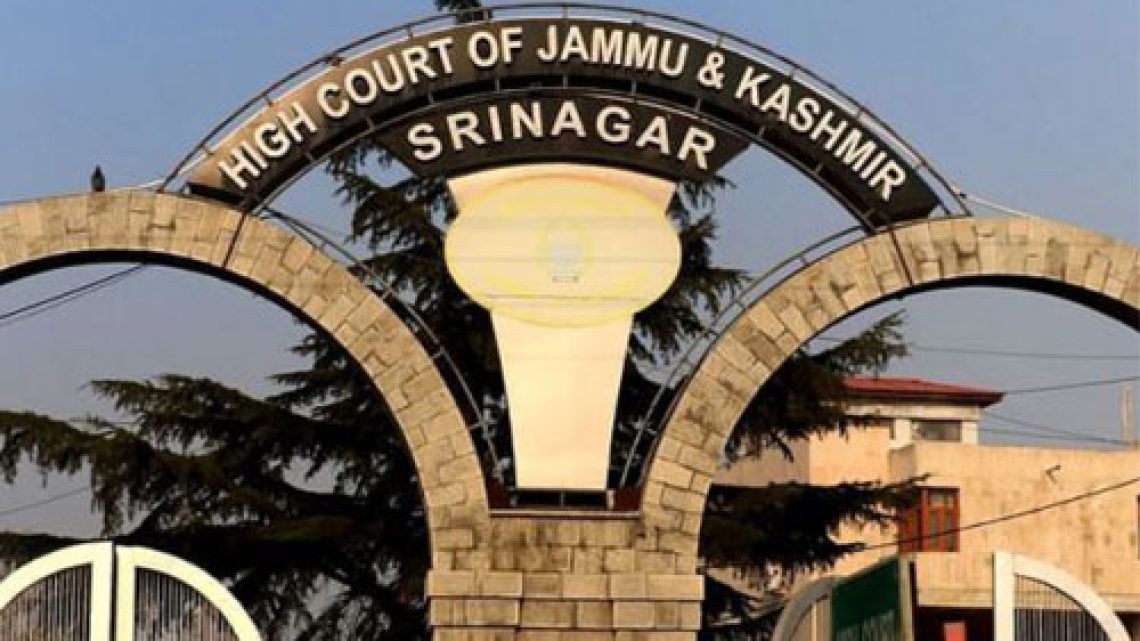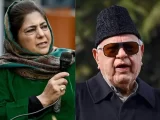
HC Overturns Unjust Detention of Three Kashmiris under PSA
May 15, 2024In a significant legal development, the High Court of Jammu and Kashmir has annulled the detention of three Kashmiris who were held under the controversial Public Safety Act (PSA). This decision marks a critical examination of the PSA’s application, particularly its use against individuals advocating for freedom.
A bench led by Justice Rahul Bharti invalidated the detention of Umar Nazir Rather from Tral. Rather was detained by the District Magistrate Pulwama in June 2023, accused of involvement in a scheme to leak question papers for the B.Sc Nursing Course admission exam, conducted by the Board of Professional Entrance Examination (BoPEE). The dossier claimed that Rather, along with others, enticed students and their parents to obtain these leaked papers for substantial sums of money.
However, the court found that Rather’s alleged actions did not pose a threat to public order, thereby deeming his preventive detention unnecessary. Consequently, the detention order was set aside, and Rather was ordered to be released.
In parallel decisions, Justice Puneet Gupta’s bench revoked the PSA detentions of Ajaz Ahmed Peer from Baramulla and Inayat Rashid Bhat from Ganderbal. Peer had been detained by the Deputy Commissioner Baramulla in September 2022, and Bhat by an order from the District Magistrate Ganderbal in June 2022. The court ruled for their immediate release, provided they were not required in any other cases.
These rulings highlight the judicial system’s role in scrutinizing and checking the misuse of the PSA, which has been criticized for its harsh application against pro-freedom individuals in the region. The PSA allows for the detention of individuals without trial for up to two years, often used to silence political dissent and curb civil liberties.
The High Court’s decisions come amid growing calls for the reassessment of the PSA’s application in Jammu and Kashmir. The law has faced severe criticism from human rights organizations for its arbitrary nature and for being used as a tool of political repression.
The revocation of these detentions underscores the necessity for legal oversight and the protection of civil liberties in regions experiencing conflict and political unrest. It also emphasizes the importance of judicial independence in upholding justice and human rights.
As these individuals regain their freedom, their cases serve as a reminder of the broader struggles faced by many in Jammu and Kashmir. The international community’s attention to such legal outcomes is crucial in advocating for fair treatment and the protection of human rights in the region.
The High Court’s actions offer a glimmer of hope for those unjustly detained and highlight the critical role of the judiciary in safeguarding democratic principles and human rights against the backdrop of prolonged conflict.

